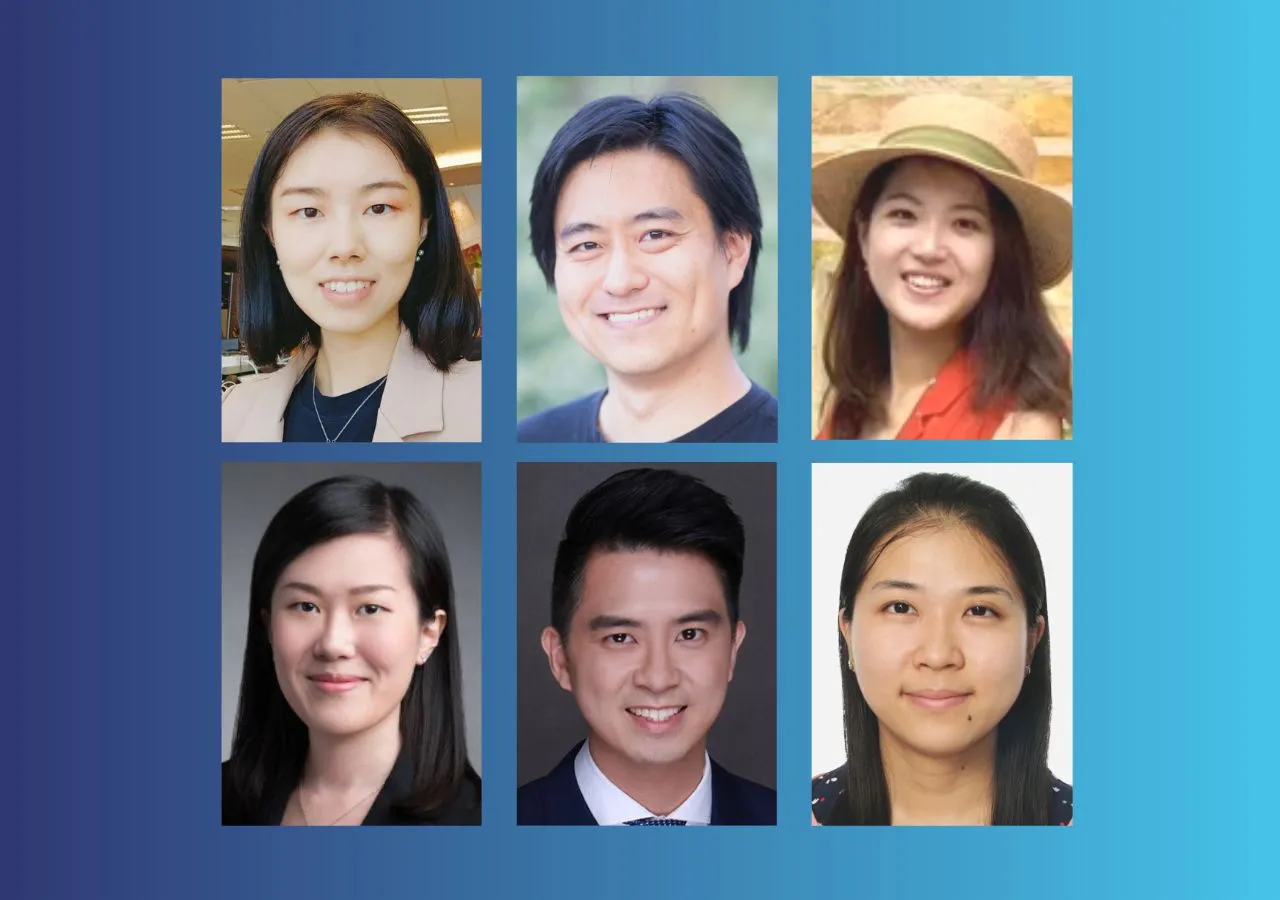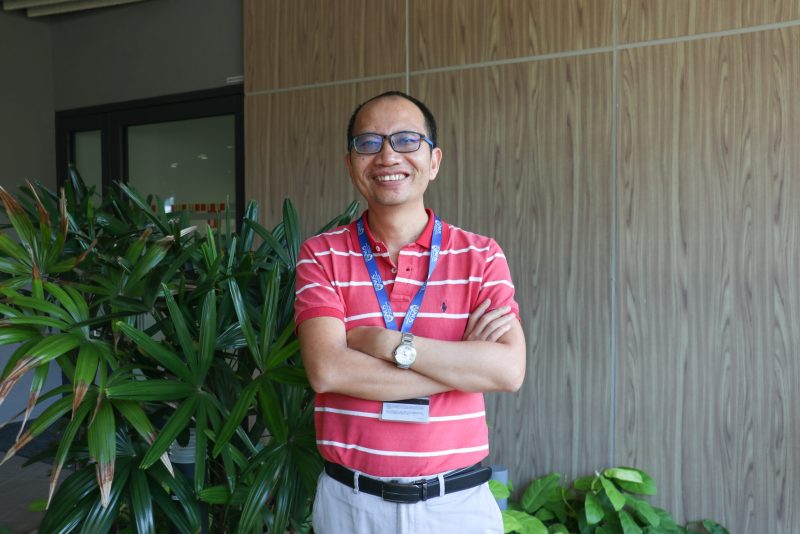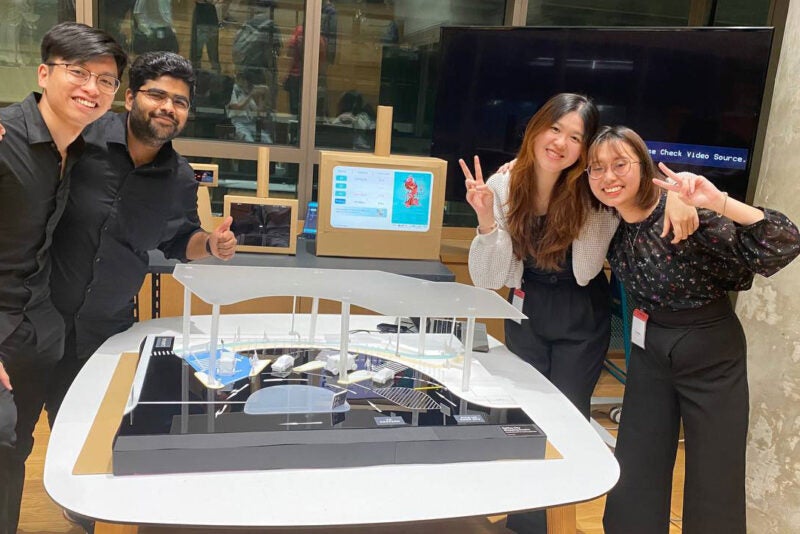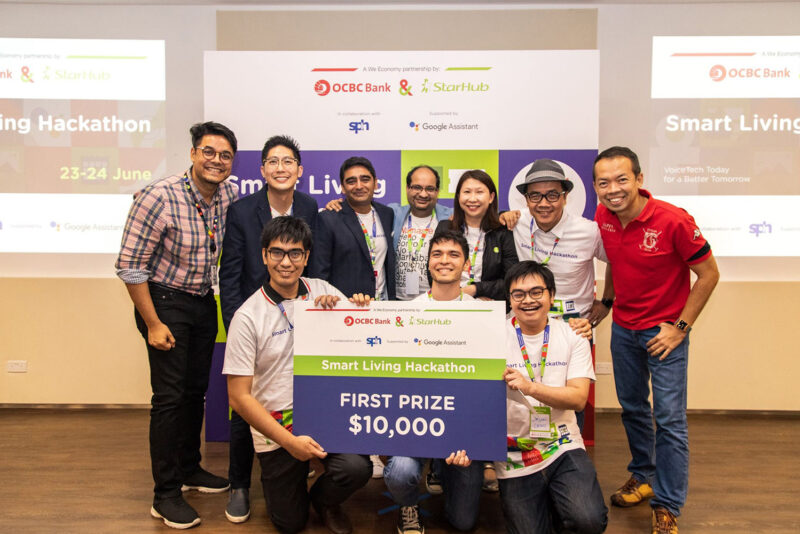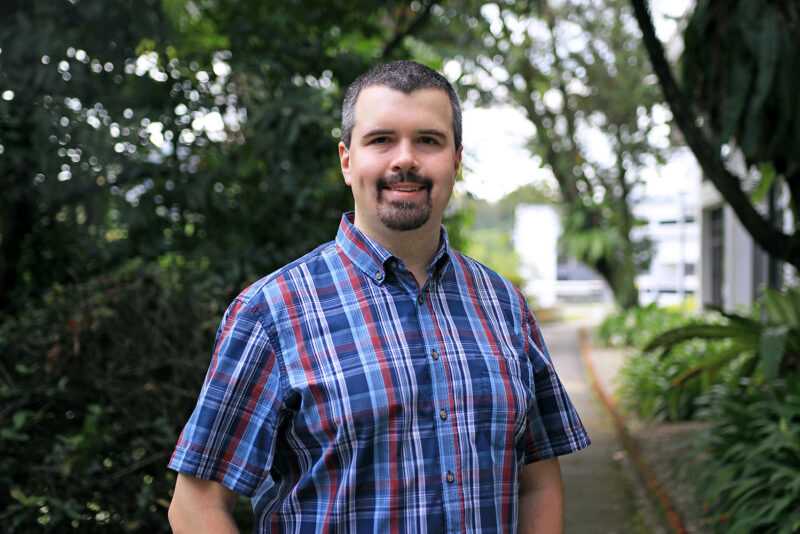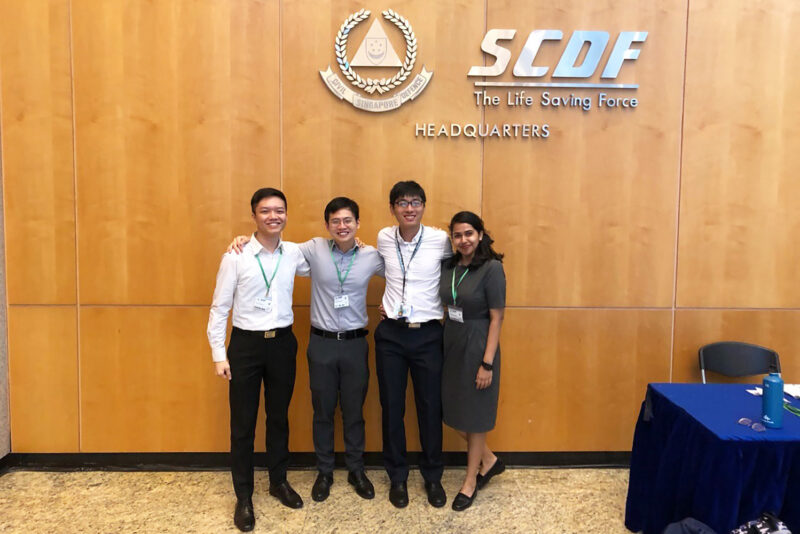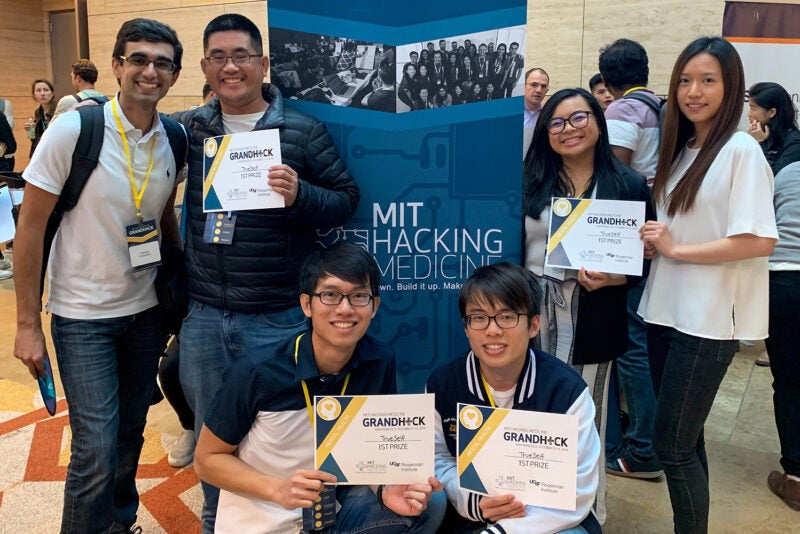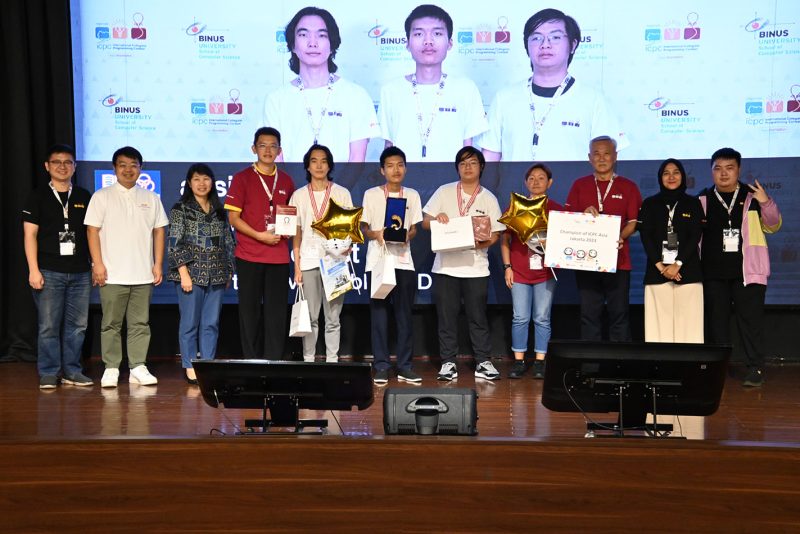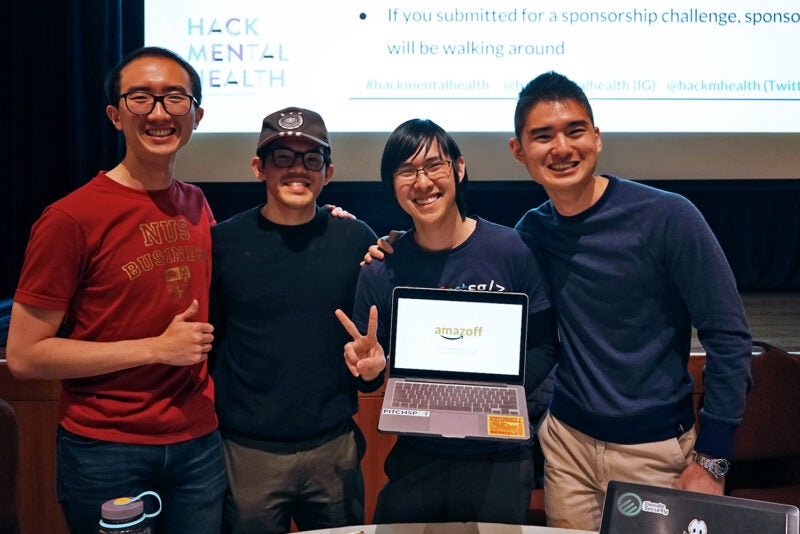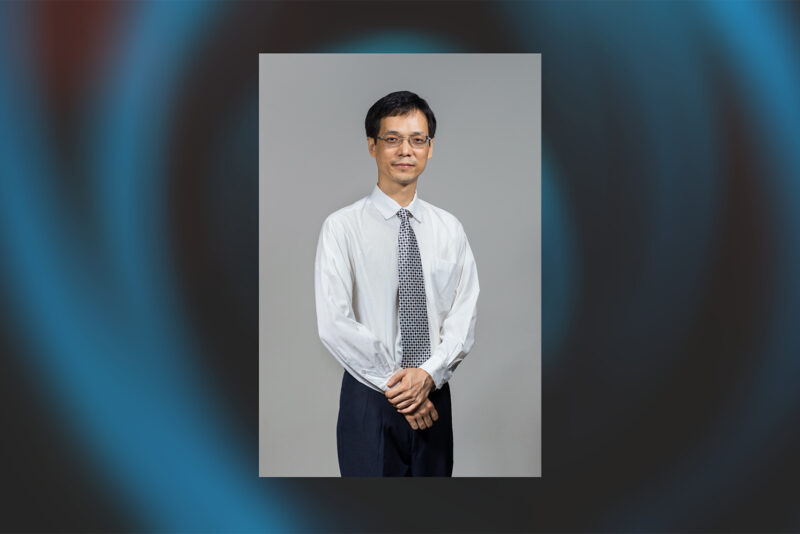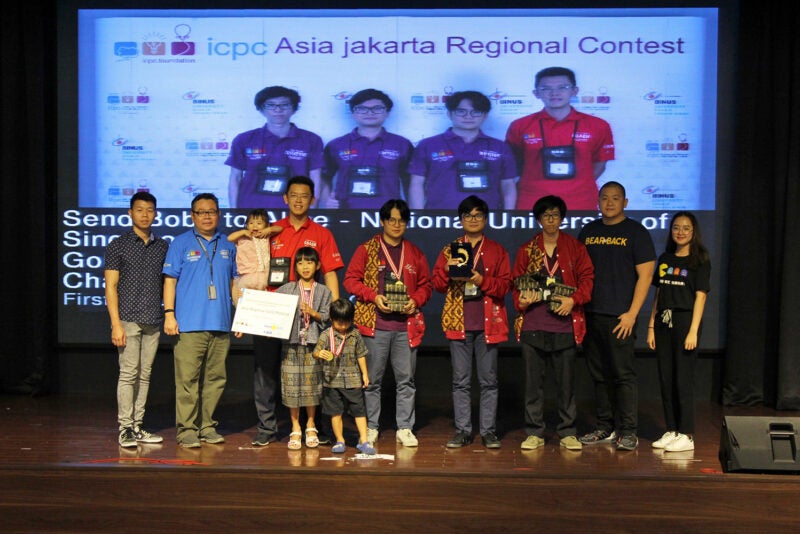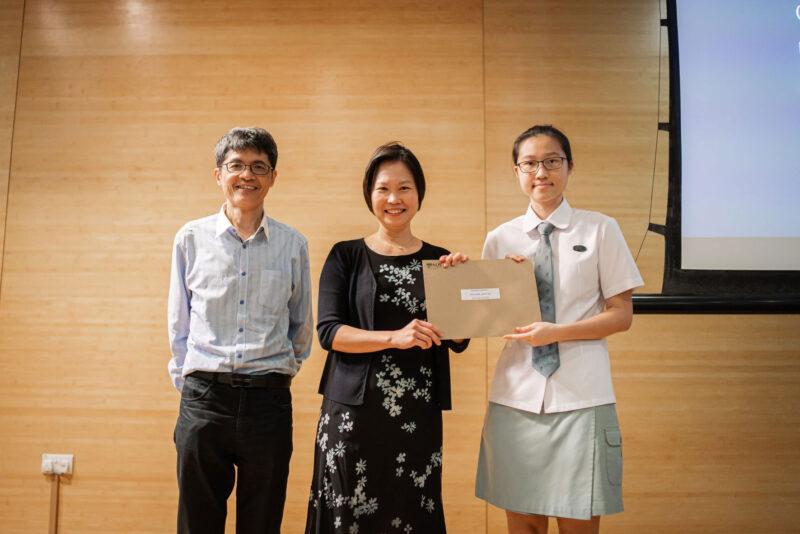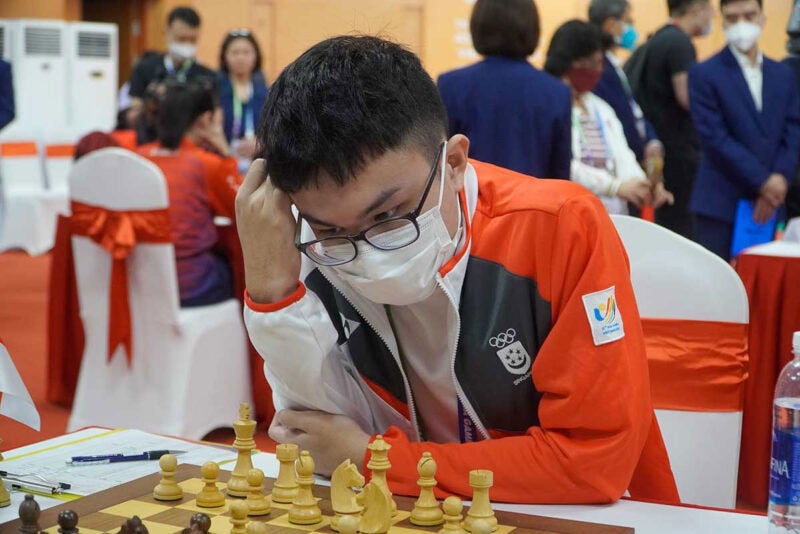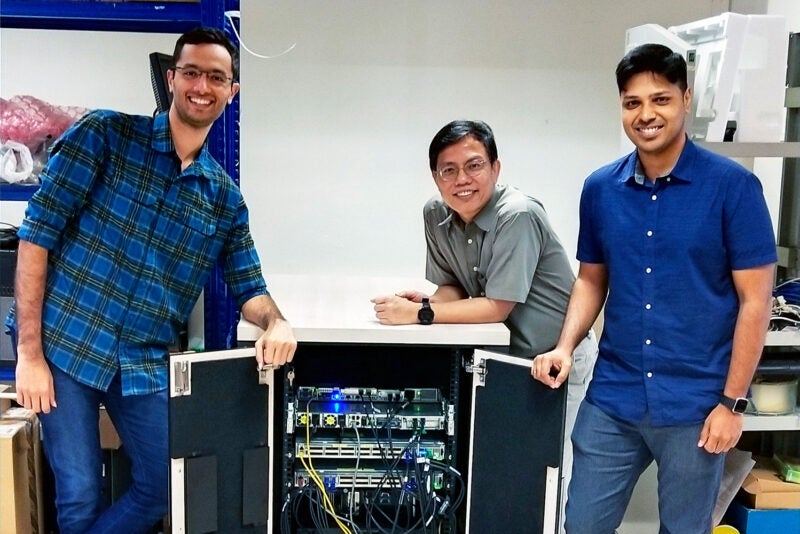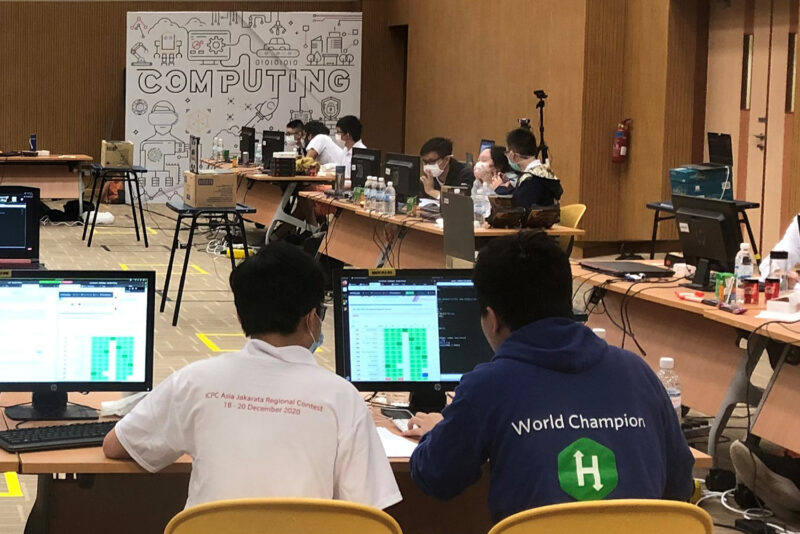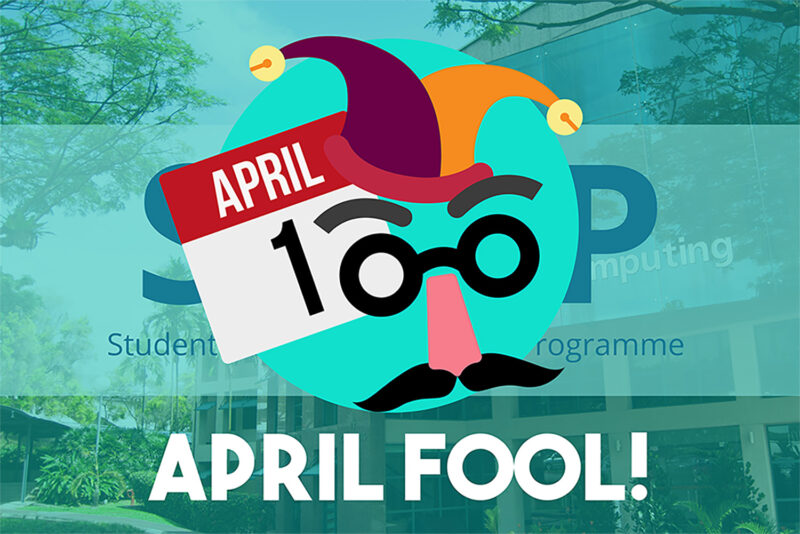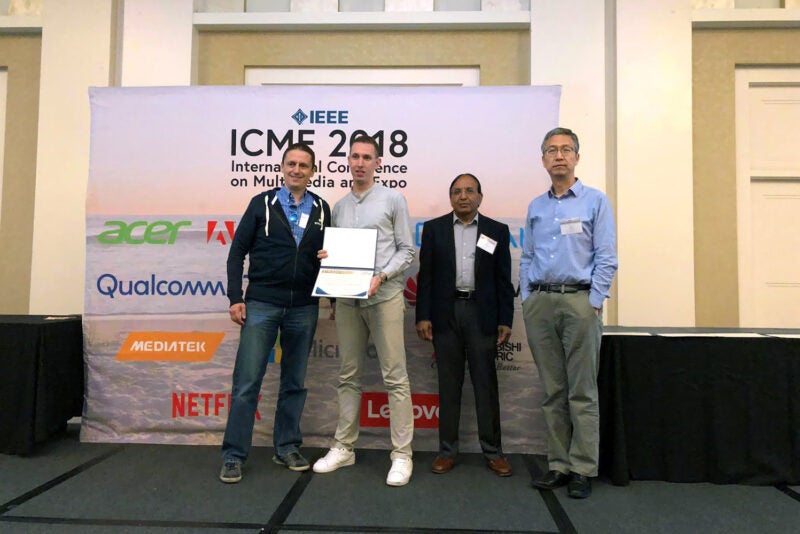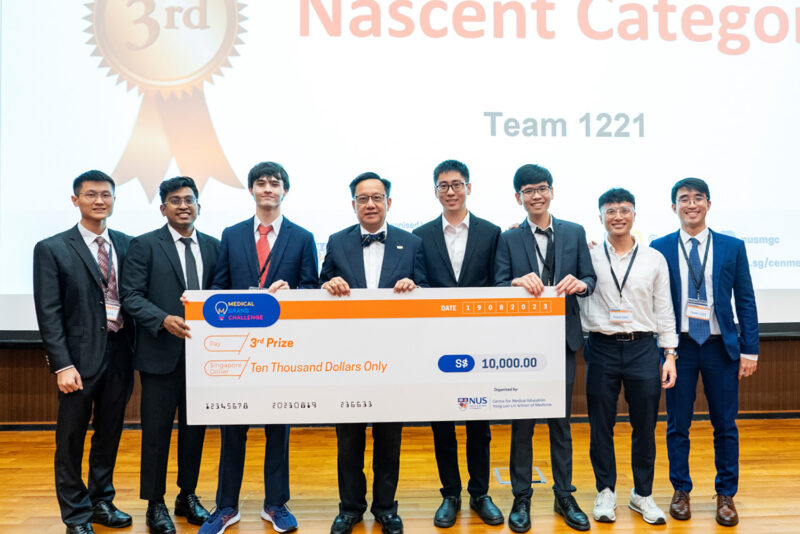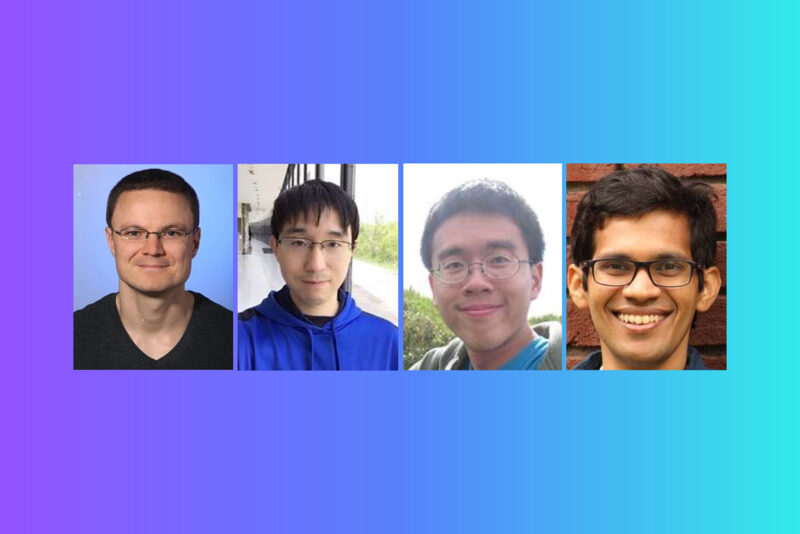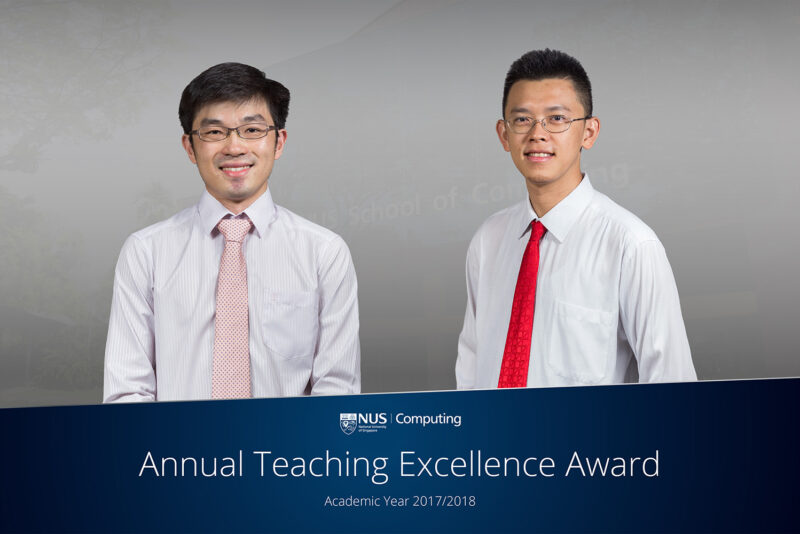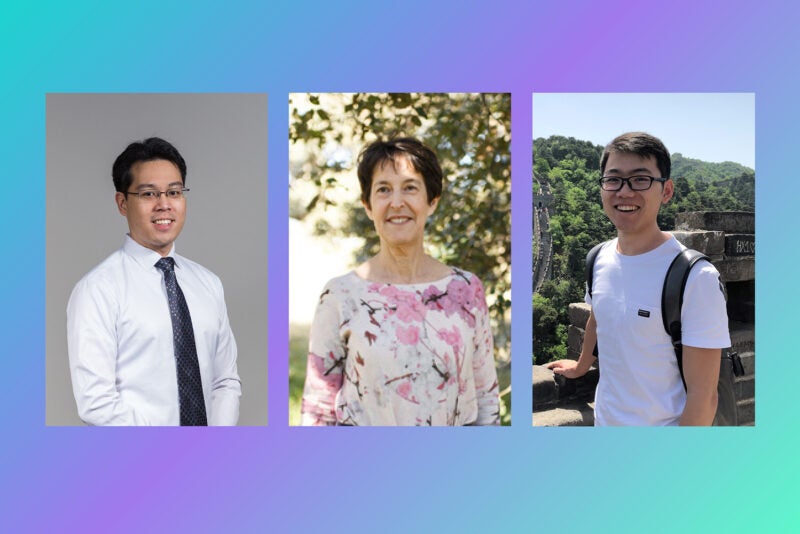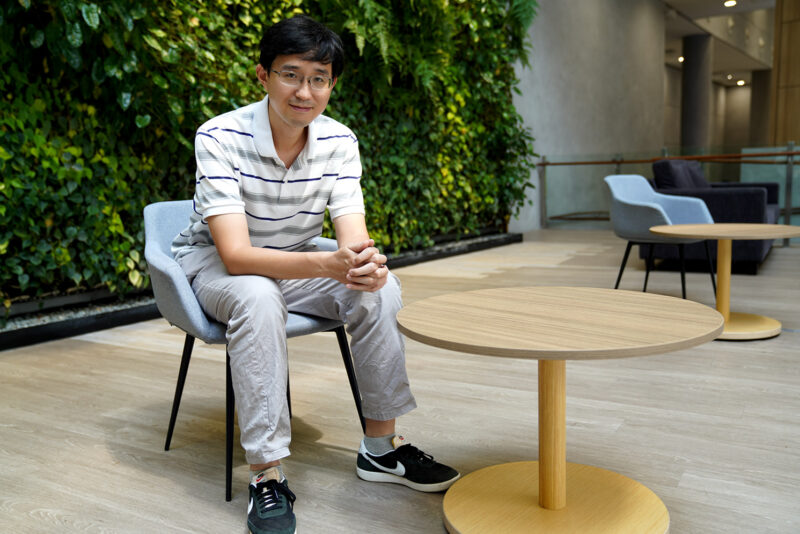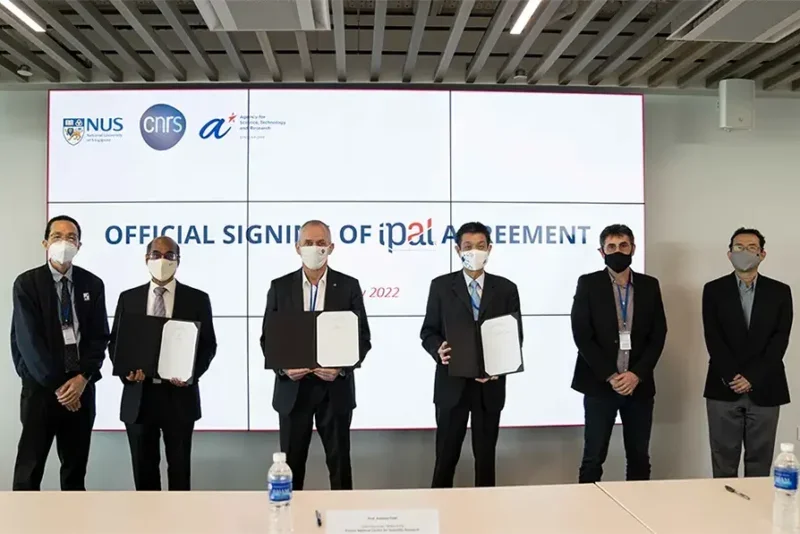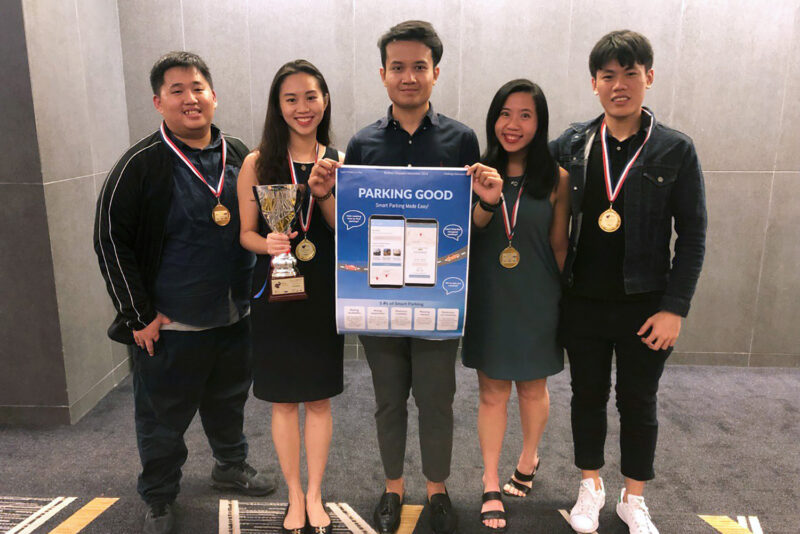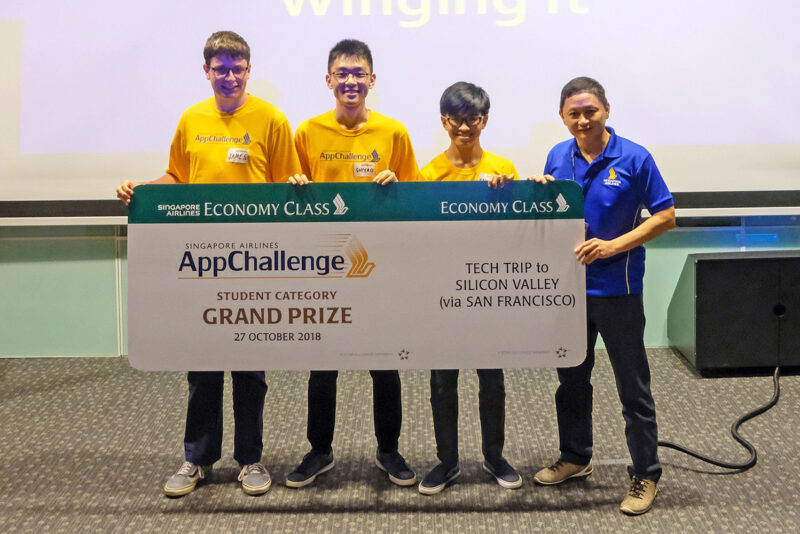11 June 2022 – Team Multiverse, comprising six current NUS Master of Science in Business Analytics (MSBA) students, won first place at the NUS-Cargill Analytics Innovation Challenge 2022 in April this year.
The annual innovation competition saw teams develop and pitch analytics-driven solutions to real business challenges proposed by Cargill, an international agri-business giant with 155,000 employees in 70 countries. The challenges required participants to use data and AI to either model and mitigate the volatility in commodity prices to help Cargill customers optimise their buying behaviour, or to automate the assessment of grain to improve quality assurance at Cargill.
Rebeccah Stay, Global Leader of Data Science at Cargill, explained how challenging these problems were to solve in practice.
“Data science is hard, never knowing what you’re going to get and it is never clear what is the best approach. The NUS students impressed me with their inventiveness and thoroughness. Teams showed foundational skills in exploratory data analysis, algorithm selection, and presentation,” said Stay.
The competition is also part of the MSBA education. “The NUS-Cargill Analytics Innovation Challenge is an innovative component in the NUS MSBA curriculum. The objective is to provide a platform for students to practice their analytics skills in an industry context, while at university,” shared Professor James Pang, co-director of NUS Business Analytics Centre.
Competitors in the Innovation Challenge were judged on the innovation and feasibility of their proposal, the reliability and quality of their models, the creative use of data, the value created and the presentation of their solution. Team Multiverse – comprising Jiang Jinjing, Kyle Asano, Lin Yaqi, Ng Wing Kei Tracy, Ng Zhen Qiang Max, and Zhang Jie – won the first place for their solution, a system that used computer vision in the grain quality assaying process. The process of testing for a grain’s quality is called assaying.
“We thought it was meaningful to design something that could speed up the manual counting and assaying process,” said Zhang. “Though many of us were new to computer vision and needed to learn from scratch, we tapped on the strengths of each member to approach the problem in different ways, exploring different solutions, and we made incremental progress.”
The team had to overcome several challenges in developing their solution. “Working with a real dataset and prescient problem was worthwhile. It’s one thing to work on a toy problem at a hackathon, it’s another to know a tangible bottom line is at stake. The MSBA programme gave us the technical and theoretical foundation, and from there we applied our product-thinking to complete the vision,” said Asano.
Ng added: “We are extremely honoured to receive recognition from the judges. As a team, we faced several challenges, but it was the solid foundation and resourcefulness we learned from the NUS MSBA programme that pushed us across the finish line. The great aptitude for learning from each member was the key to overcoming our difficulties!”
The students walked away with a trophy each, and a team cash prize of S$5,000.
For more information, visit the Master of Science in Business Analytics (MSBA) Programme website.

